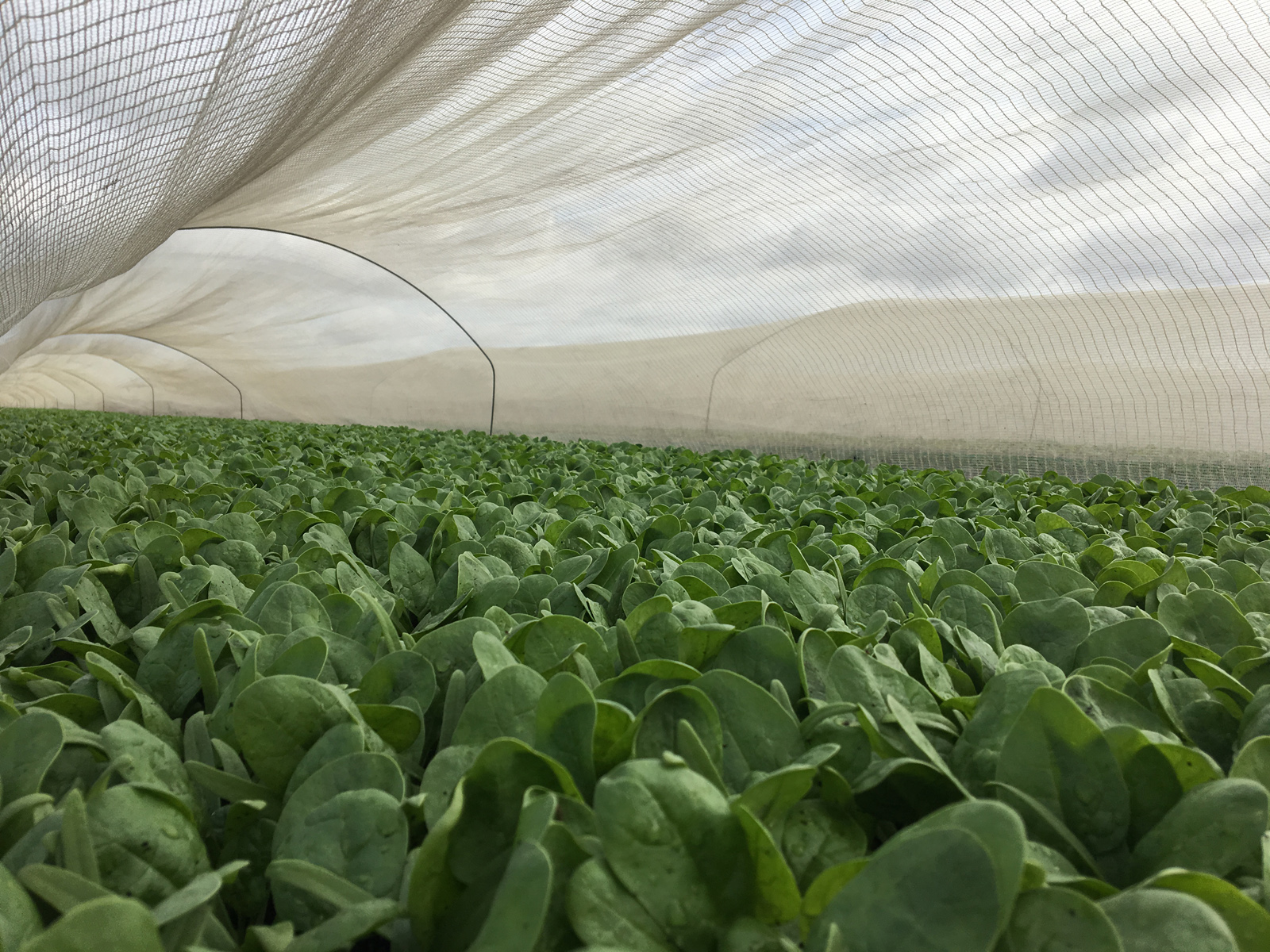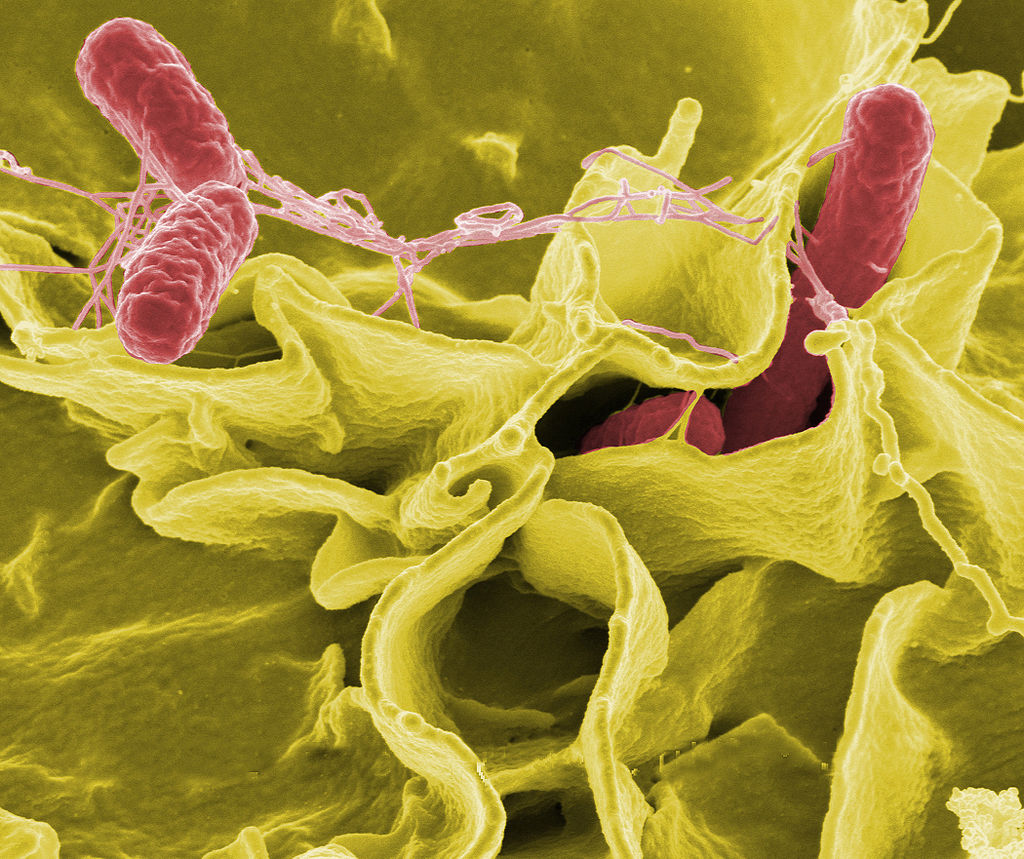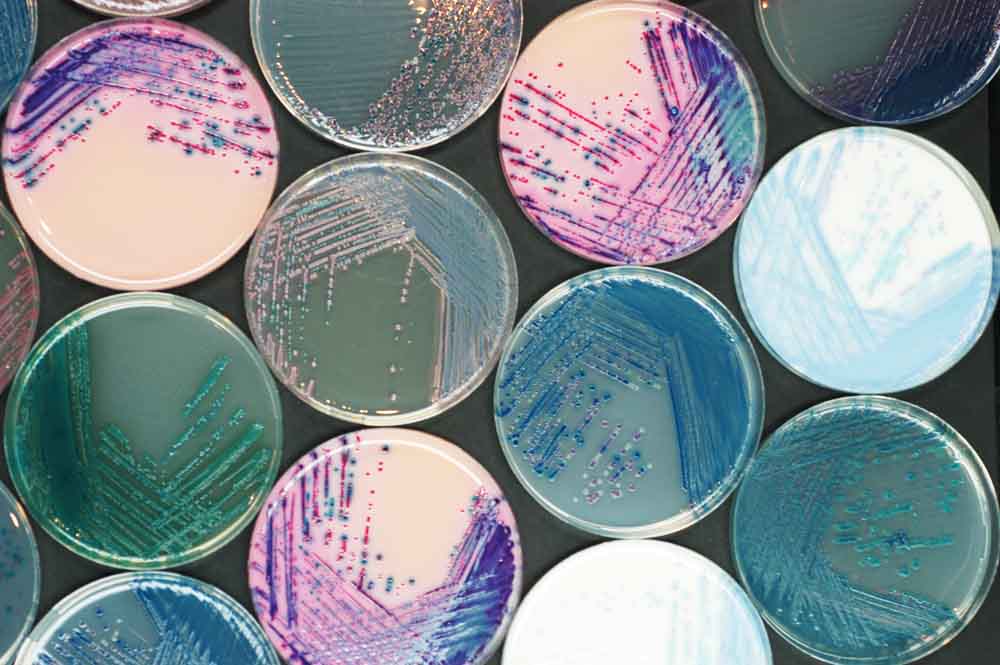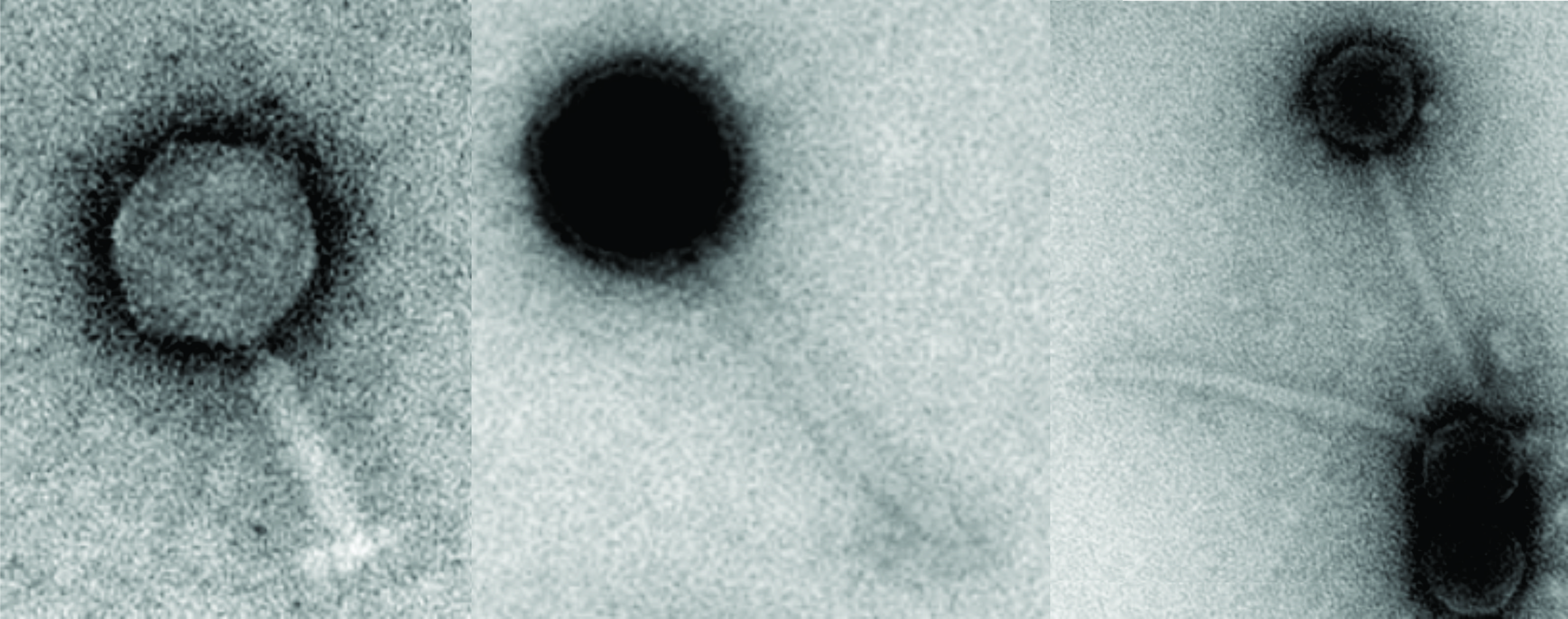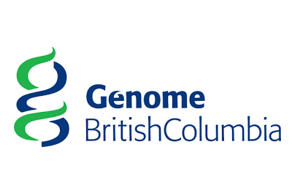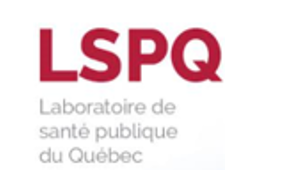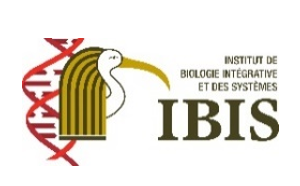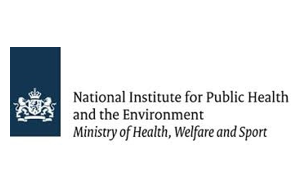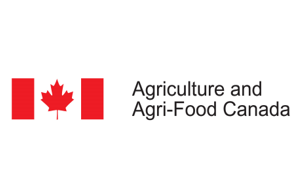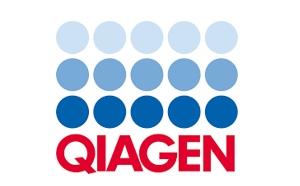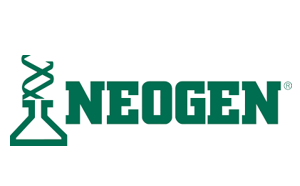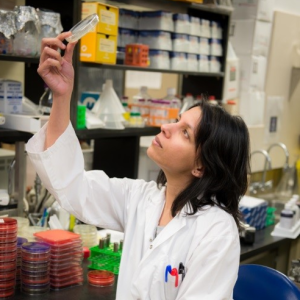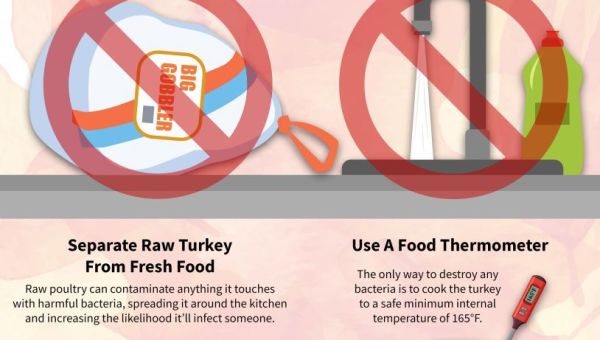Salmonella Syst-OMICS Overview
Salmonella enterica is a major cause of foodborne illness. It has caused outbreaks in numerous foods and is known for its resilience in various conditions, including those with low moisture and high salt. The illnesses caused by Salmonella, known as salmonellosis, typically manifest as diarrhea, fever, and abdominal cramps. In severe cases, especially among vulnerable groups like the elderly, infants, and those with compromised immune systems, it can lead to hospitalization or death. Annually, Salmonella is responsible for 93 million cases of salmonellosis globally (80 million of which are foodborne) and 150,000 deaths (https://pubmed.ncbi.nlm.nih.gov/20158401/). In Canada, approximately 87,500 cases of Salmonella occur annually, leading to 925 hospitalizations and 17 deaths (https://pubmed.ncbi.nlm.nih.gov/23659355/, https://pubmed.ncbi.nlm.nih.gov/26259128/).
The Salmonella Syst-OMICS program is a pan-Canadian and international consortium, which was initiated in 2014 through funding from the Genome Canada Large Scale Applied research Program. The program is led by Dr. Lawrence Goodridge, who is the Leung Family Professor of Food Safety and the Director of the Canadian Research Institute for Food Safety at the University of Guelph.
The Salmonella Syst-OMICS research program includes several key activities including:
- Whole Genome Sequencing of Salmonella Isolates: This initiative aims to sequence the genomes of thousands of Salmonella isolates from various global sources. This data will provide a comprehensive genetic map, aiding in understanding the bacterium’s evolution, spread, and antibiotic and heavy metal resistance mechanisms.
- Identification of Novel Virulence Factors: Focusing on the discovery of new virulence factors in Salmonella, this aspect of the research employs multiple models of disease to enhance understanding of how Salmonella causes disease, and could lead to targeted therapies or prevention strategies in foods.
- Natural Control Approaches in Foods: Investigating and developing natural methods to control Salmonella contamination in food products. This includes exploring plant based compounds, bacteriophages, and probiotics as potential biocontrol agents.
- Development of Rapid Diagnostics for Salmonella Detection: Creating new diagnostic tools for quick and accurate detection of Salmonella in food products. This will greatly reduce the time between contamination and intervention, thereby minimizing the spread of illness.
- Study of Antimicrobial Resistance in Salmonella: With rising concerns about antibiotic resistance, this research will focus on understanding and monitoring the resistance patterns in Salmonella strains, which is crucial for effective treatment strategies.
- Development of New Active Surveillance Approaches: Implementing cutting-edge surveillance techniques for early detection and monitoring of Salmonella This includes leveraging data analytics and machine learning to predict and prevent outbreaks.
The overarching goal of the Salmonella Syst-OMICS program is to significantly reduce the incidence and severity of Salmonella-related illnesses globally and in Canada. By advancing our understanding of Salmonella enterica through genome sequencing, discovering new ways to combat its virulence, and developing innovative approaches for detection and surveillance, this research program aims to usher in a new era of food safety and public health.


